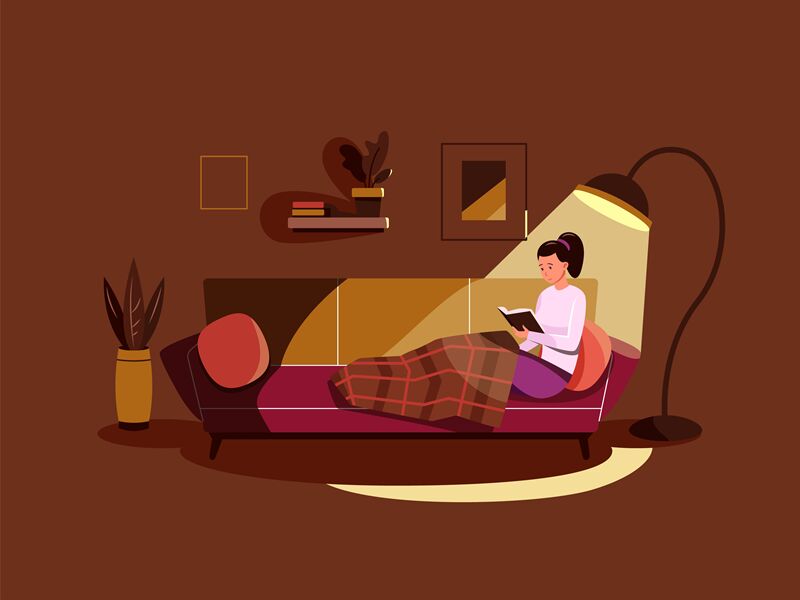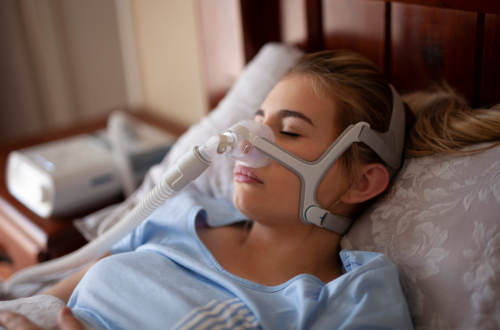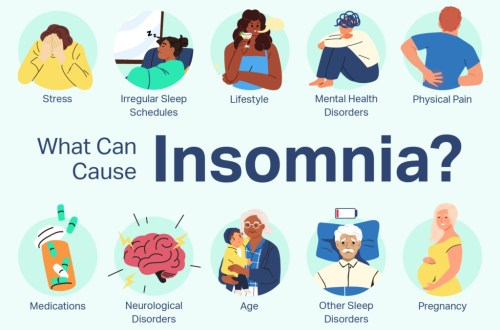🔵 If you struggle to fall asleep at night, your phone, tablet, or TV might be to blame. While these devices help us stay connected and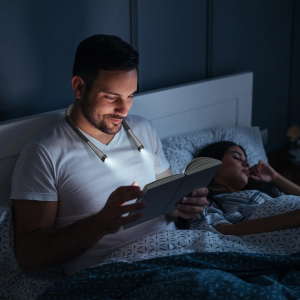 entertained, they also emit blue light — a type of light that can seriously disrupt your sleep cycle.
entertained, they also emit blue light — a type of light that can seriously disrupt your sleep cycle.
Let’s explore how blue light affects your body, why it’s especially harmful at night, and what you can do to reduce your exposure and sleep better.
—
💡 What Is Blue Light?
Blue light is a high-energy, short-wavelength light that’s naturally present in sunlight. It plays a helpful role during the day — boosting alertness, focus, and mood.
The problem arises at night when your eyes are still exposed to blue light from digital screens and LED lighting. Your brain interprets this artificial light as daytime and stops producing melatonin, the hormone that helps you feel sleepy.
—
🧠 How Blue Light Affects Your Sleep
Your body relies on darkness to trigger melatonin release and signal that it’s time for rest. Even brief exposure to blue light in the evening can:
– Delay the onset of sleep
– Reduce REM (deep) sleep
– Cause more nighttime awakenings
– Lead to daytime fatigue, irritability, and brain fog
—
🕒 The 1-Hour Rule: Why Timing Matters
Experts recommend cutting off blue light exposure **at least one hour before bedtime**. This gives your body time to:
– Reset its natural circadian rhythm
– Begin producing melatonin
– Transition into a restful sleep state
Think of it as giving your brain the darkness it needs to power down — just like dimming the lights in a theater before the movie starts.
—
✅ How to Reduce Blue Light Exposure at Night
Here are simple, effective strategies:
1. Turn Off Screens One Hour Before Bed
– Power down your phone, computer, and TV
– Replace screen time with reading, journaling, or meditation
2. Use Night Mode or Blue Light Filters
– Most devices have built-in settings (like Night Shift or Eye Comfort Mode) that reduce blue light
– Set them to activate automatically at sunset
3. Wear Blue Light Blocking Glasses
– These amber-tinted glasses filter out blue wavelengths
– Wear them for 1–2 hours before bed, especially if you can’t avoid screens
4. Switch to Warm Lighting
– Use lamps or smart bulbs with warm, dim tones (2700K or lower)
– Avoid bright overhead LED lights after sundown
5. Try a Digital Sunset Routine
– Set a phone alarm or calendar reminder for your “digital curfew”
– Build a calming routine that starts when screens go off
—
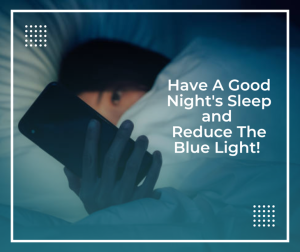 🌙 Final Thoughts
🌙 Final Thoughts
Blue light may be small in size, but its impact on your sleep is big. By simply cutting out screen time an hour before bed and creating a low-light evening environment, you give your body permission to rest the way it was designed to.
Start your digital wind-down tonight — and enjoy a faster, deeper, more natural sleep.
Looking for more ways to reset your nights?
Download our free 7-Day Sleep Reset Plan and start sleeping better naturally.
Unplug. Unwind. Sleep well.
